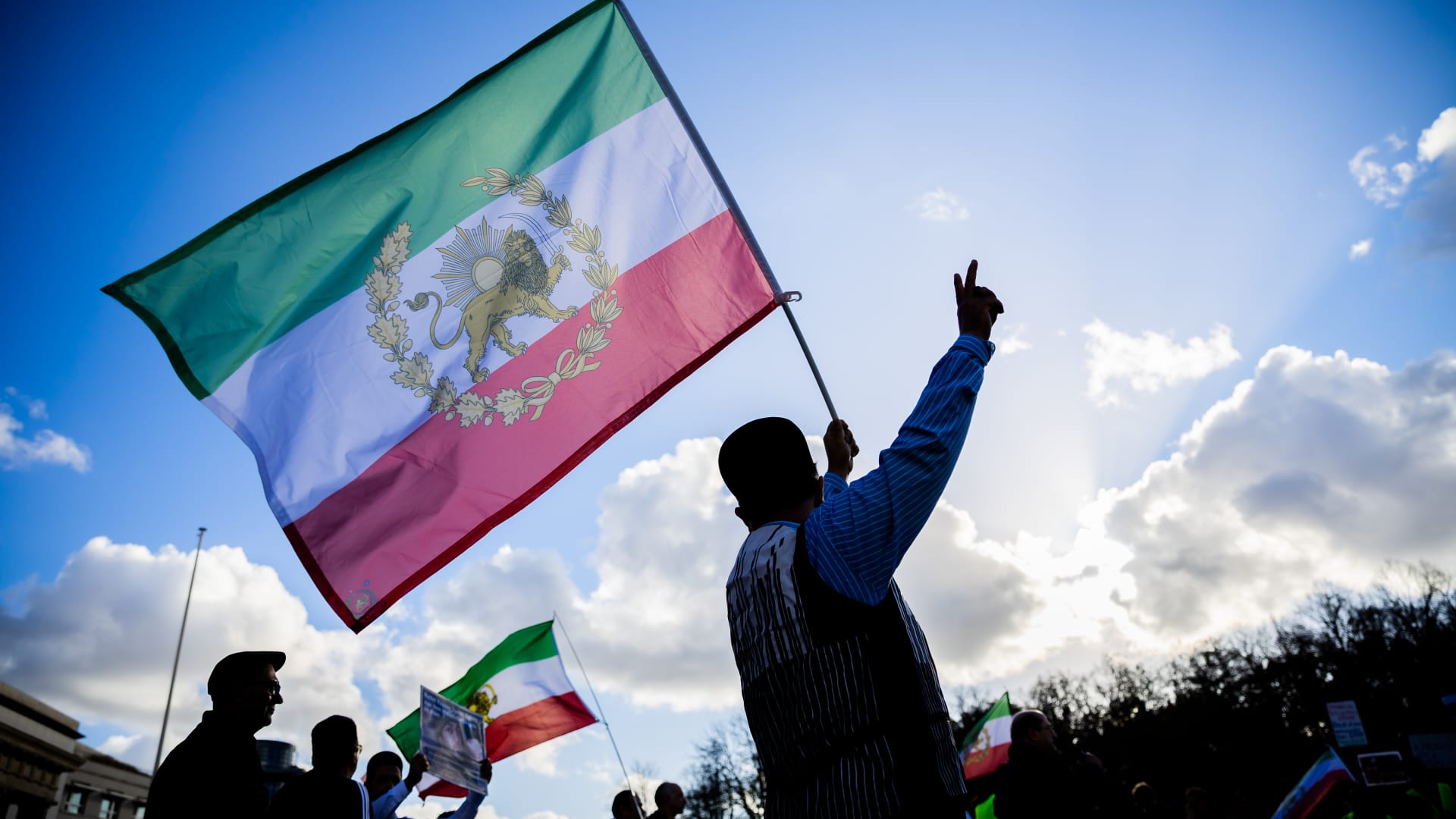U.S. Demands for Help Roil Turkey’s Government
"There are many demands from the U.S. government," said Mr. Gul, who became prime minister last month. "Turkey is a democratic country. We have to convince our people, we have to convince our Parliament. Whether we fully cooperate or do nothing, we are going to suffer."
He and other officials said what they feared most were the economic consequences of another war in the region. Turkey is suffering through its worst recession in 50 years, and officials say a new war could cripple any new chances for recovery.
If Turkey did cooperate with the United States, officials added, they also fear that it would gain a reputation among Islamic nations as a kind of Muslim policeman for the West. They noted that their country’s soldiers were already called upon to supervise security forces in Afghanistan, and that American planes had run hundreds of missions into Afghanistan from the Turkish air base in Incirlik.
"We will be seen in the Muslim world as a country that is killing other Muslims," said one Turkish official. "This would be very difficult to accept."
Yet if the government chooses not to cooperate, it risks serious damage to its most important alliance, with the United States. Turkey, a secular Muslim democracy, is a longtime member of NATO.
As Mr. Gul put it in the interview, "Everything is happening out of our control."
A specific concern for him and others in any American-led assault is its size, which is likely to be large and ambitious. Local press reports indicate that American officials have asked Turkey for permission to bring as many 90,000 American troops through Turkey for an operation in northern Iraq, using several Turkish air bases and seaports.
Mr. Gul declined to discuss details of his talks with American officials, but he did not dispute the accuracy of the reports. "There is no smoke where there is no fire," he said.
Western diplomats here said they could not confirm the Turkish reports, though American officials have indicated that an attack from the north would most likely involve tens of thousands of troops.
A senior Turkish official told The New York Times early this month that the Pentagon wanted the option to deploy "tens of thousands."
For all the angst, a senior official here said he expected the government to make a decision "in a matter of days." Western diplomats cite "positive signals" in recent days.
"In a short period of time, we will let them know," Mr. Gul said.
Yet some Turkish officials say they are still not sure that the Americans fully appreciate their dilemma. The Turkish economy has shrunk as much as 10 percent in the past year. A recent public opinion poll found that 83 percent of Turks oppose allowing the United States to use Turkish bases for an Iraqi operation.
"The Americans are polite, but they are very insistent, they are very focused," said a Turkish official. "The Americans want us to make a decision immediately."
Turkey’s Kurdish population also looms large in the equation here. Iraq, too, has large numbers of Kurds.
It fears a reprise of what happened during the Persian Gulf war in the early 1990’s, when a half million Iraqi Kurds arrived at Turkey’s border seeking refuge from the Iraqi Army.
An overarching fear for Turkish officials is that an American war would break up Iraq and clear the way for an independent Kurdish state. That, they point out, could restart the Kurdish insurgency in their own country, which led to fighting that took many lives in the 1990’s.


